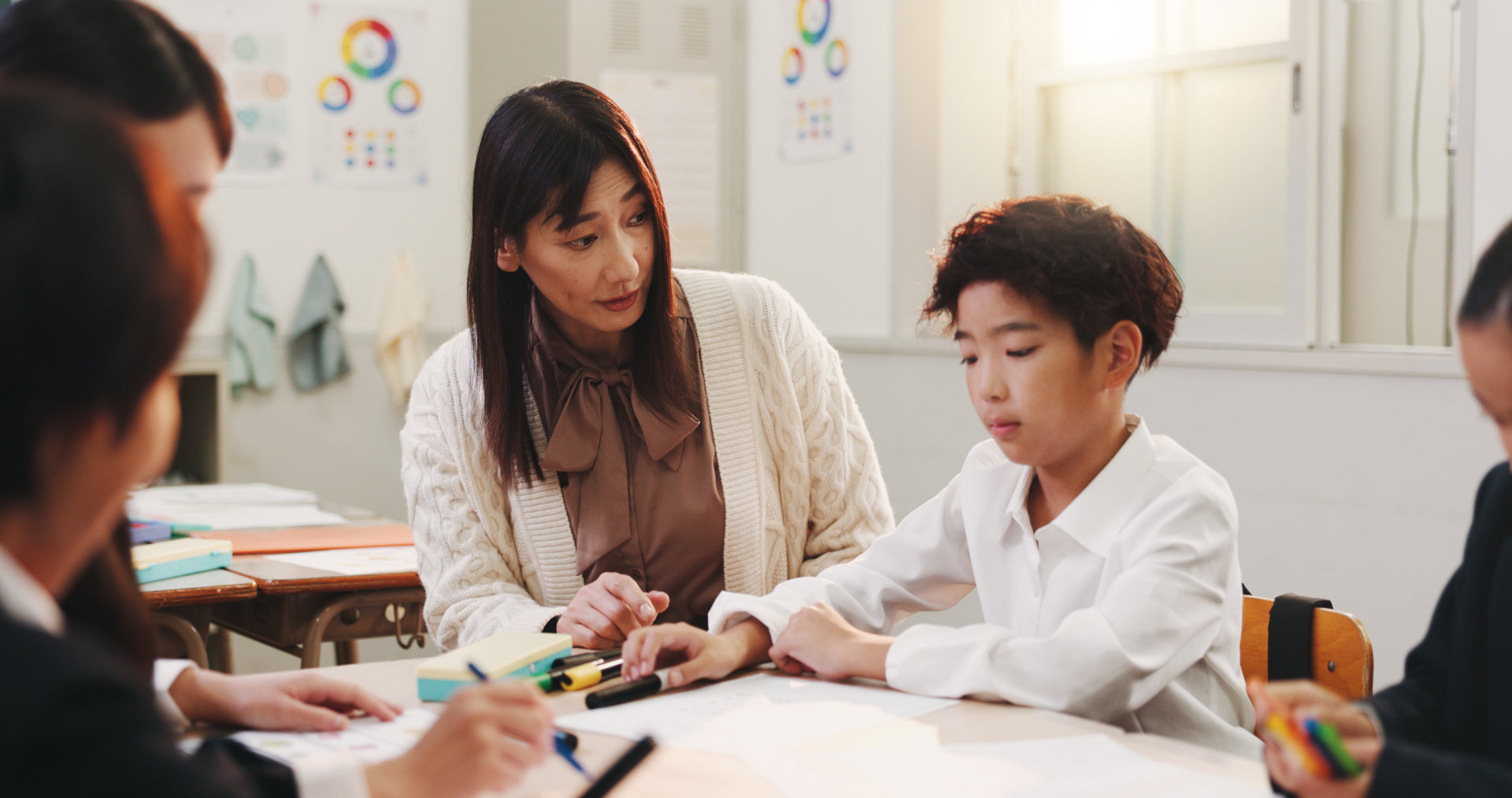 My Cart0
My Cart0

Early intervention programme in Singapore – What is it about, and why is it for infants and children?
During their early formative years, their brains are still developing, and they undergo rapid changes. It is when their bodies and brain are best primed for learning, development and growth. Early intervention helps children to learn and grow at their own pace, with additional support and guidance from trained specialists. Not only do specialists work with the little ones, but they also work very closely with the families too, thus enabling the little ones to reach their maximum potential with the support from their village.
Early intervention goals and benefits:
- Play is at the core of early intervention, and this allows the children to have fun while working on the necessary skills needed to succeed in any settings, from school to social settings.
- EI focuses on social integration with their peers in school, enabling them to have a safe and fun time with their classmates.
- EI helps enable our little ones to explore and learn how to navigate and process the big emotions that they feel and express them appropriately.
- The goal of EI is to ultimately prepare our little ones to eventually navigate everyday activities and settings independently.
Types of early intervention programmes commonly used:
- Applied behavioral analysis therapy or more commonly known as ABA is a form of behavioral therapy (see blog article on ABA therapy to find out more about it)
- Occupational Therapy: This allows OT therapists to work on fine motor skills and gross motor skills like strength, posture and most importantly, sensory processing. Sensory processing helps children who struggle with processing information from the environment through proprioception play.
- Speech Therapy: Speech therapists work on improving non-verbal, verbal and social communication skills. Speech therapists also work with hearing impaired children, or children with difficulty swallowing.
- Educational therapy: Educational therapists work on children’s academic goals and getting them school ready. Children who are developmentally delayed or who have additional needs usually struggle with understanding academic concepts often need one to one help and the educational therapists break down the concepts for them and are also equipped with dealing with any behaviors that may arise when the little ones are struggling with learning new or difficult concepts.









